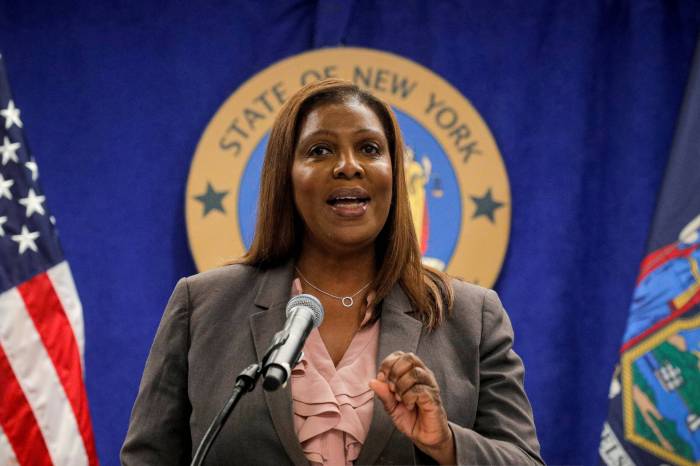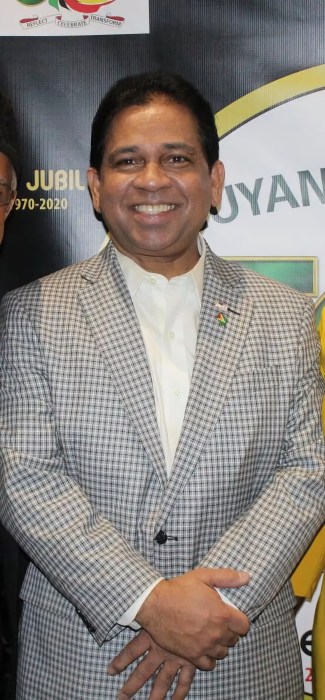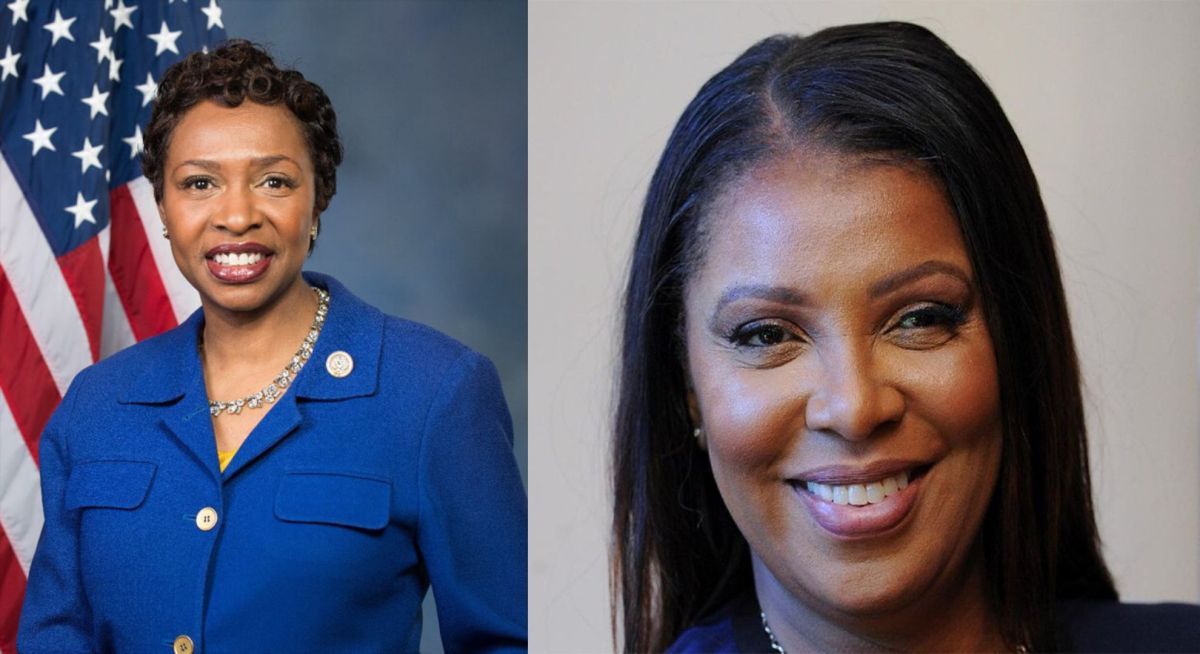In what appears to be one of the most productive of meetings among Caribbean Community leaders in recent years, a special sitting of heads of government in Trinidad has come up with a string of decisions, if handled well, could end decades of frustration among regional citizens in matters relating to free travel and free trade among others.
Leaders had spent the first two days of this week in a special retreat aimed at sorting out serious operational, administrative and implementation kinks in the free trading and single market systems that include the usual vexatious and controversial issue of free movement in the bloc of 15 nations.
At their main summit in Jamaica this year, leaders had put great effort into reviewing the so-called Caribbean Single Market and Economy (CSME) system but thought it best to meet in special session with matters relating to the CSME as the sole and single issue as they were also bogged down with other key agenda items.
Based on official announcements it does appear that the leaders were largely true to their word. The leaders would have yet another shot at tinkering with and fixing the system when they meet for their half yearly session in St. Kitts in February.
The communique issued at the end of the summit late Tuesday indicated that the community will in the coming months move to amend the founding Treaty of Chaguaramas to cater for an official status for labor and private sector bodies in the first instance and any other stakeholder body which in its view will move the region forward.
Additionally, several regional countries, which have been slow in implementing the free movement of people, professionals and skilled workers among others intra regionally, have committed to doing so by 2021.
And Haiti, which has had a torrid time trying to marry its own customs and other systems to match that of the bloc of largely English-speaking nations, has also agreed to get its act together in a matter of months. “We welcome Haiti’s commitment to full integration into the CSME by 2020,” states the communique, as the rest of the bloc pushes its most populous nation to get on board.
But to ordinary CARICOM citizens, the sweetest news is likely to relate to additional categories of workers being recognized as qualified to live and work in a member state of their choice.
“We will include agricultural workers, beauty service practitioners, barbers and security guards to the agreed categories of skilled nationals who are entitled to move freely and seek employment within the community. We reiterate that that a skills certificate issued by one member state would be recognized by all member states,” the communique stated.
Other categories like university graduates, those from recognized technical schools, journalists and musicians among others, have long been allowed to live and work in any regional destination even as the meeting decided that government will “complete legislative and other arrangements in all member states for all categories of free movement of skilled persons.”
Meanwhile, active consideration will be given to a single security check in system for passengers “on multi-stop intra community flights” implementing a system resembling what was in place for the 2002 Cricket World Cup in the Caribbean.
The meeting also touched on the importance of kinks in the travel and tourism system, noting that “we will conduct a special session on air and maritime transportation” at the St. Kitts meeting.
Concluding, the conference noted that leaders remain convinced that “the CSME continues to be the most viable platform for supporting growth and development in the member states of CARICOM, recognizing the need to make it more closely attuned to the needs and priorities of member states and contributing more visibly to growth and development and to the welfare of the people of the community.”
























